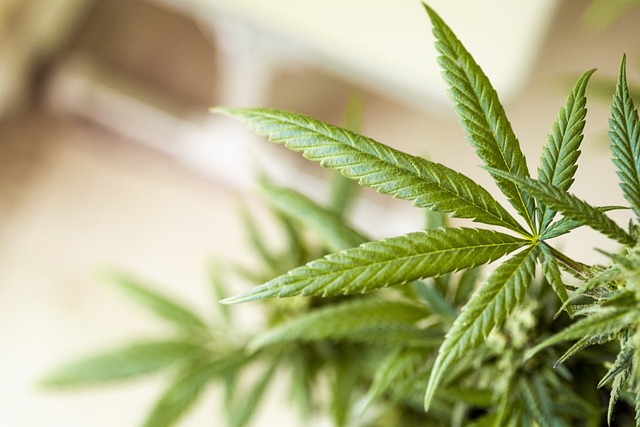
THCA Flower and Health: How It Can Promote Wellness Without Getting You High
In recent years, the conversation around cannabis has evolved significantly, with a growing interest in its non-psychoactive components. One such component is THCA, or tetrahydrocannabinolic acid, which is found in raw cannabis plants. The science behind THCa flower unlike THC, THCA does not produce a high, making it an intriguing option for those seeking the potential health benefits of cannabis without the psychoactive effects.
Understanding THCA: What Is It?
THCA is a cannabinoid found in the trichomes of raw and live cannabis plants. It is the precursor to THC, the compound responsible for the psychoactive effects of cannabis. When cannabis is heated through smoking, vaping, or cooking, THCA flower undergoes decarboxylation, converting into THC. In its raw form, THCA does not bind to the CB1 receptors in the brain, which is why it does not produce a high.
The Chemical Structure of THCA
THCA has a carboxylic acid group attached to its molecular structure, which is lost during the decarboxylation process. This structural difference is what prevents THCA from having psychoactive properties. The presence of this acid group also contributes to its potential therapeutic benefits.
Potential Health Benefits of THCA
Research into THCA is still in its early stages, but preliminary studies and anecdotal evidence suggest several potential health benefits:
- Anti-inflammatory Properties: THCA may help reduce inflammation, which is beneficial for conditions like arthritis and lupus.
- Neuroprotective Effects: Some studies indicate that THCA could protect against neurodegenerative diseases such as Alzheimer’s and Parkinson’s.
- Anti-emetic Benefits: THCA might help alleviate nausea and vomiting, making it useful for patients undergoing chemotherapy.
- Appetite Stimulation: THCA may stimulate appetite, which can be beneficial for individuals with eating disorders or those undergoing treatments that reduce appetite.
Case Studies and Research
While comprehensive clinical trials are limited, some studies have shown promising results. For instance, a study published in the British Journal of Pharmacology highlighted THCA’s potential in reducing inflammation and pain in animal models. Another study in the Journal of Neuroimmune Pharmacology suggested that THCA might have neuroprotective properties, although more research is needed to confirm these findings in humans.
How to Use THCA Flower
THCA flower can be consumed in various ways to harness its potential benefits without experiencing a high:
- Juicing: Fresh cannabis leaves and flowers can be juiced to retain THCA in its raw form.
- Smoothies: Adding raw cannabis to smoothies is another way to consume THCA.
- Tinctures: THCA tinctures can be made by soaking raw cannabis in alcohol, allowing for easy dosage control.
Considerations for Consumption
When using THCA flower, it’s important to keep it raw to prevent decarboxylation. This means avoiding heat and opting for methods that preserve the cannabinoid’s natural state. Additionally, sourcing high-quality, organic cannabis is recommended to avoid contaminants.
Legal Status and Accessibility
The legal status of THCA varies by region, as it is often classified under the same regulations as THC. In areas where cannabis is legal, THCA products are more accessible. However, it’s crucial to check local laws and regulations before purchasing or using THCA flower.
Market Trends and Availability
The growing interest in non-psychoactive cannabinoids has led to an increase in THCA products on the market. From raw flower to tinctures and capsules, consumers have a variety of options to choose from. This trend reflects a broader shift towards exploring the therapeutic potential of cannabis beyond its psychoactive effects.
Conclusion
THCA flower offers a promising avenue for those seeking the health benefits of cannabis without the high. With potential anti-inflammatory, neuroprotective, and anti-emetic properties, THCA is gaining attention as a therapeutic option. As research continues to unfold, it may unlock new possibilities for wellness and health management. For those interested in exploring THCA, understanding its properties and consumption methods is key to maximizing its benefits.